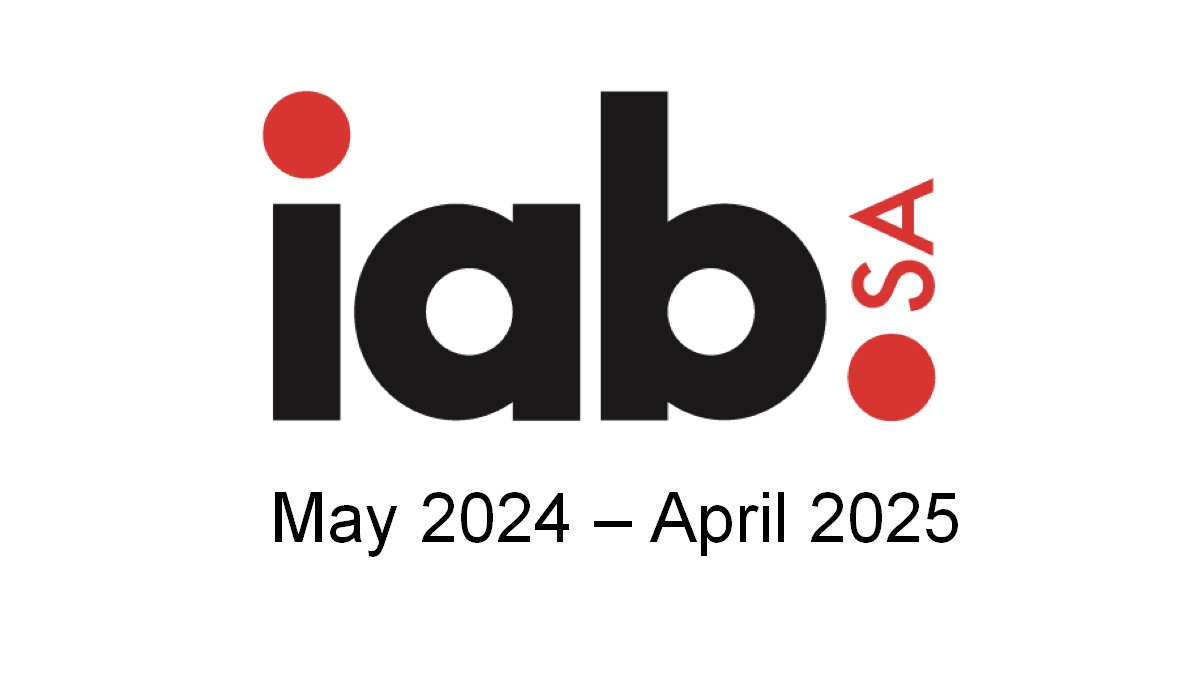Johannesburg -Deputy President David Mabuza says government will closely monitor the R10.5 billion allocated to the South African Airways (SAA) business rescue practitioners to ensure that it is being put to good use.
The Deputy President said this when he responded to oral questions in the National Assembly on Thursday.
“We can assure the House that the money that has been made available to South African Airways will be put to good use.
“Government, through the Department of Public Enterprises, will closely monitor these funds to ensure that they are used solely for the intended purposes, as reflected in the Business Rescue Plan,” Mabuza said.
During his oral replies to the National Council of Provinces on 3 March 2020, Mabuza said government took a decision to heed the Business Rescue Practitioners’ advice not liquidate SAA, but instead, to restructure and transform the national carrier into a self-sustaining airline.
Mabuza said while the general scepticism by some South Africans towards the viability of keeping and providing government’s financial support to SAA is understandable, given the historical challenges experienced by the airline, it is common cause that the current state of the national carrier was largely as a result of legacy issues relating to tough global aviation conditions, poor governance, mismanagement and other malfeasances.
“Notwithstanding these challenges, the benefits of ensuring that SAA is kept afloat and contributes to the country’s economy far outweigh those of collapsing the national carrier.”
Mabuza said through the national carrier South Africa is able to facilitate international and regional trade through reliable air connectivity in the region, especially the movement of people and goods.
There are indirect benefits in the supply chain, including food and beverages; retail goods; business services, for example, call centres, transport and manufacturing of goods, which further contribute to the economy.
“There is direct contribution to the country’s tourism and job creation in the sector.
“Productivity levels are improved across the economy, as SAA Technical’s aircraft maintenance provides services to other local airlines that do not have maintenance licensing, and there is advancement of the country’s innovation and skills development through SAA’s Cadet Programme, as well as contributing to the advancement of the aerospace industry’s technical capability.
“Considering all these economic benefits, it is notable that governments across the world recognise the airline industry as an essential economic enabler, and thus are rendering relevant support to their aviation enterprises.
“Equally so, South Africa, as a developing country, needs to maintain air connectivity towards achieving economic development in line with these global trends.
“In pursuing this path, it is encouraging to note that government’s efforts of turning around SAA and placing it on a sustainable path, are nearing conclusion.
“The Department of Public Enterprises is working on a transitional plan for the exit of the Business Rescue Practitioners, and further, in placing the airline under the guardianship of a duly established leadership,” said Mabuza.
Sunday World



